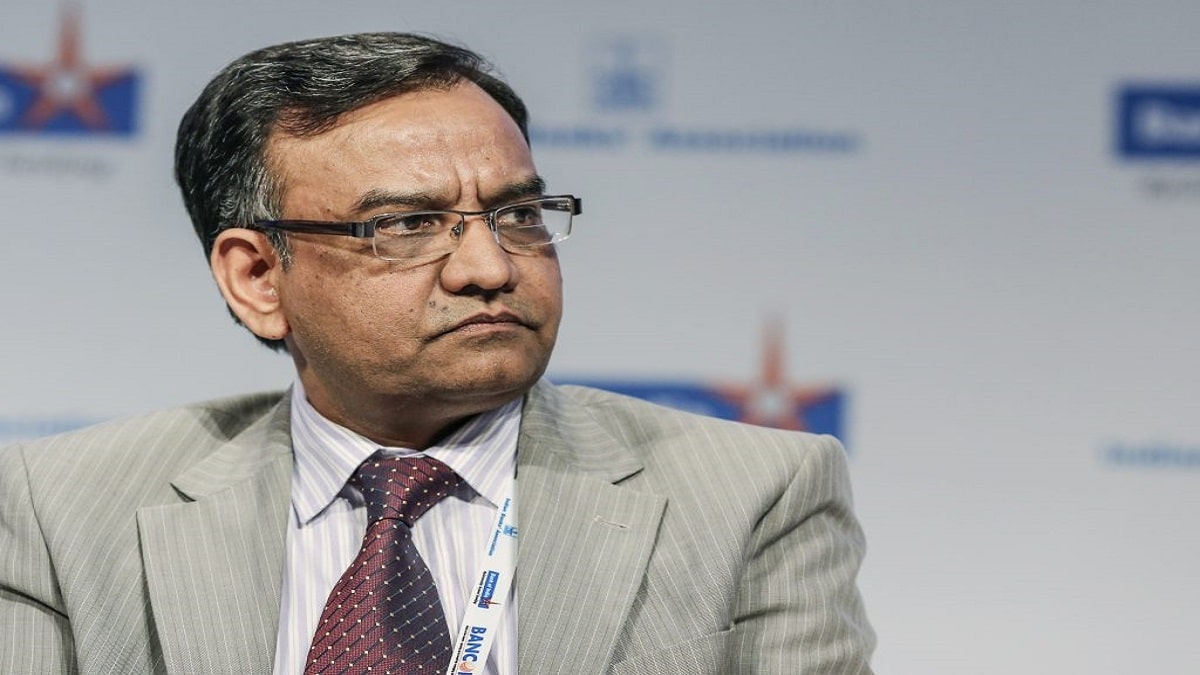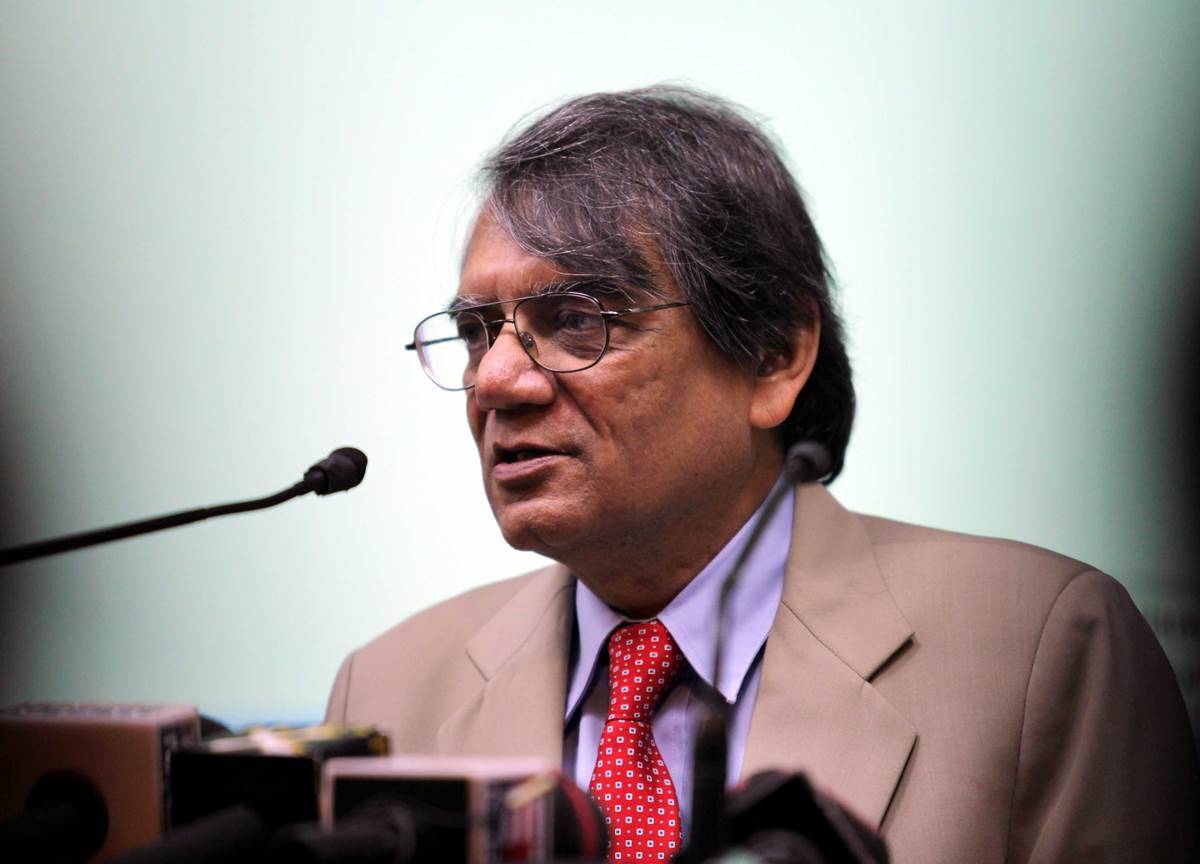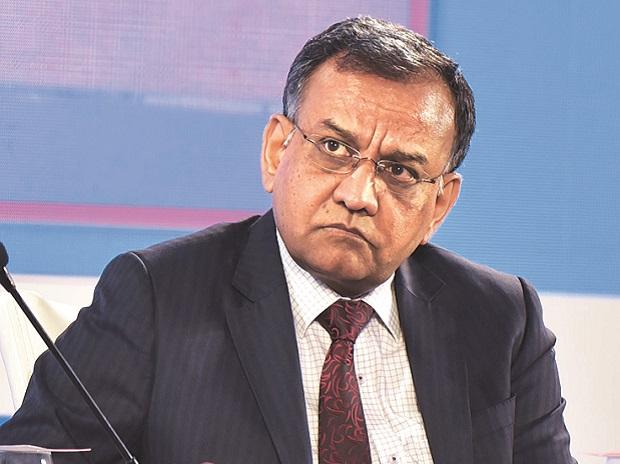Taking an optimistic tone on the impact of the coronavirus’ second wave, Deputy Governor of Reserve Bank of India, MK Jain said that the central bank along with the government has taken steps to lighten the blow caused by the pandemic.
While addressing a virtual conference organized by the India International Centre (IIC) and Research & Information System for Developing Countries (RIS), he said,
“The banking sector was in a strong position when Covid hit…the preliminary data suggest that in terms of CRAR (capital-to-risk weighted assets ratio) that has been improved upon, the profitability has been improved upon, provision coverage ratio that has also been improved over the previous year, and the gross NPA, as well as net NPA, has come down.”

Accepting that the second wave has posed some challenges, MK Jain said that to smoothen its impact, steps are taken in the direction to help the flow of credit to the worst-hit sectors and maintain an adequate level of liquidity in the system.
Adding to the list of measures, the deputy governor said, “the central bank strived to ensure financial resilience of banks and NBFCs by prescribing a set of micro-prudential norms like minimum capital requirements. The banks have made improvements in their risk management capacities.
Yet, the changing operating and risk environment requires banks to be vigilant, strong and agile to identify risks early and absorb the shocks and be able to adapt to the newer ground realities.”
The RBI downplayed the impact of the second wave of coronavirus on the economy with the statements on the banking sector’s stability and its annual report submitted last month, which said, “the prospects for the Indian economy, though impacted by the second wave, remain resilient, backed by the prospects of another bumper rabi crop, the gathering momentum of activity in several sectors of the economy till March, especially housing, road construction, and services activity in construction, freight transportation, and information technology.”
Contradicting the analysis, the former central banker Rakesh Mohan asserted that the Indian banking system is looking at financial instability ahead of the second wave.
“There is a mismatch between the performance of the real sector and financial markets. This could potentially lead to enhanced stresses experienced by both lenders and borrowers, leading to potential financial instability,” Mohan told Bloomberg.

Mohan, who has served as the deputy governor of the Reserve Bank of India for two terms from 2002 to 2009 said, “we have more difficult task than other countries because we had a legacy of bad debt before COVID-19”.
In his report titled ‘The Response of the Reserve Bank of India to COVID-19: Do Whatever it Takes‘, he says that except for a significant increase to the SME sector the credit growth has continued to be sluggish, despite all the measures implemented to promote the flow of credit to all segments of the market.
Also Read: Prime Minister Likely To Hold An All-Party Meeting In J&K












